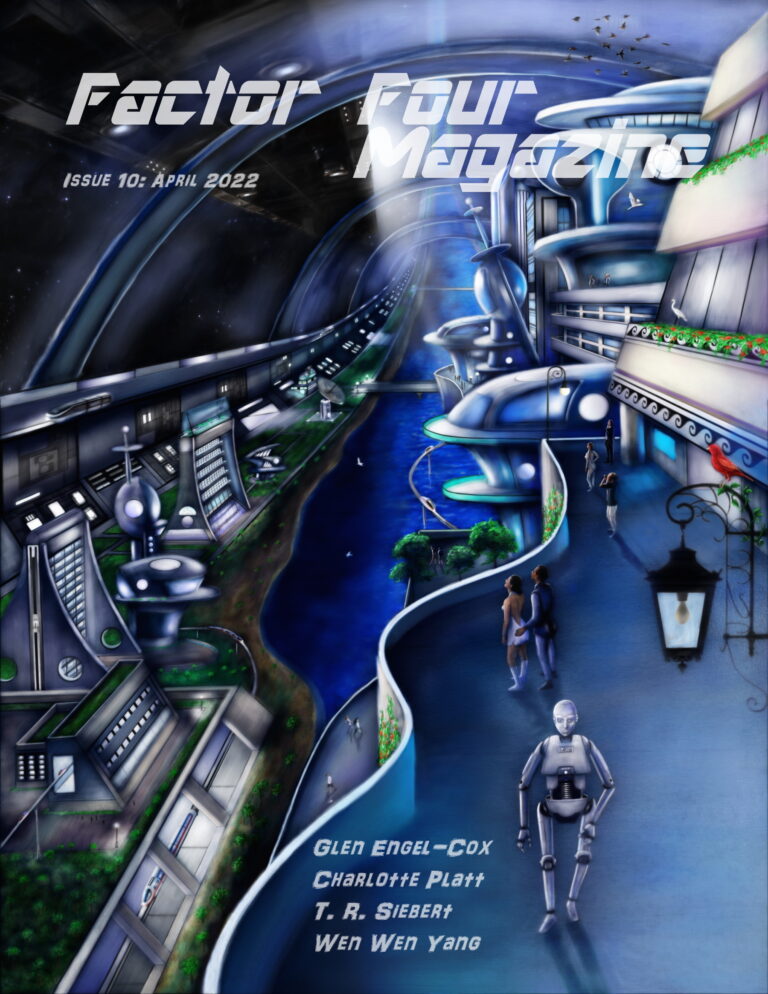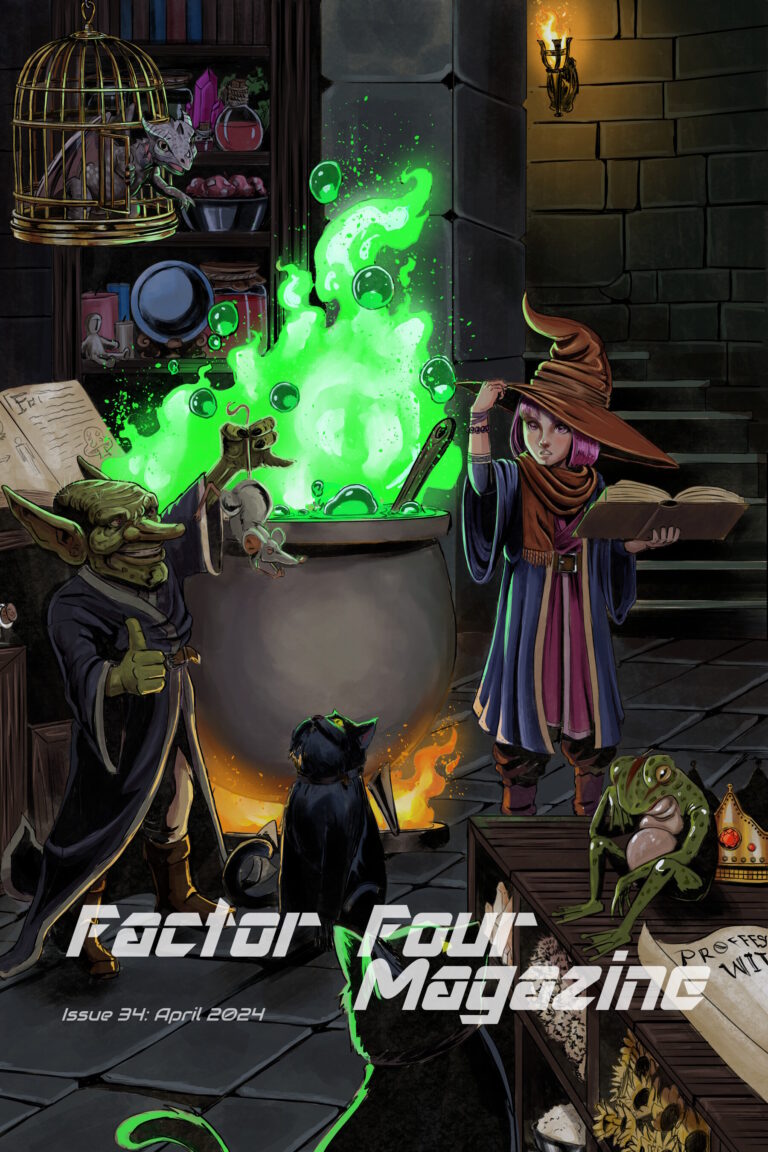At Least No One Else Will Suffer By Dawn Vogel
At Least No One Else Will Suffer
By Dawn Vogel
The king will be dead before the end of this celebration of our marriage.
In the days to come, some will say that I married him, and murdered him, solely for my own benefit. Who else stands to gain as much as the queen, after all?
The peasants, who he scorned, worked to death, and taxed until they could bear no more, will gain freedom of which they had never before dreamed. Though they will still be outside of the castle, they will say, “At least no one else will suffer the anguish we have.”
The castle staff, who he ignored, insulted, and abused, will find themselves able to stand to their full height, rather than cowering and creeping through the hallways, afraid to incur his irrational wrath. Though the ruler who comes next may prove unkind, they will say, “At least no one else will suffer the torment we have.”
The other young maidens he courted, seduced, and left sullied in the eyes of our grand and illustrious society will feel a modicum of vindication when they hear the news. Though they were not chosen as his bride, they will say, “At least no one else will suffer the indignities we have.”
As for myself, I was spared the indignities, the torment, and the anguish, but that does not mean I was blind to my future husband’s actions. I observed, I saw, and I took note.
I noted the tangle of dark silver horns that haloed his head like a crown, and I learned what it meant for sídhe to wear such a crown.
I noted the way the weather darkened and stormed when he set forth from the castle, and how it brightened only when he returned indoors, and I learned what it meant for sídhe to have such an effect on the skies.
I noted how every animal he encountered shied away, but the birds most of all, who would not so much as land on the highest towers of his castle, and I learned what it meant for sídhe to be so anathema to wildlife.
He was not of the sídhe at all, but rather was something else, a charlatan, playing on the beliefs of the people of his kingdom, and using their fear to rule them. A dark sort of sídhe, known as dorcha.
There was, however, one thing that could stop him.
Gold.
My father placed my dowry before the king, for even kings who have chosen their brides receive a dowry from her family. He gave the king everything we had–nuggets of pure gold, mined from far beneath the earth, at great peril to my family for generations.
The king would have rejected it, could he have done so without invoking the wrath of our grand and illustrious society. For to turn away a gift, freely given, is a sin of the worst sort. Instead, the king gave the chest only the most cursory of glances and waved for it to be taken away, to be added to his voluminous coffers.
I watched his discomfort until the gold had left his presence, and I knew the source of his downfall.
And now, it is time. Again, my dowry is to be brought forward. There is nothing he can do to stop this, as it is part of our traditions. This time, I carry the chest, filled with gold.
My dress is long, pooling around my feet. My slippers are so tight that my feet feel cold and leaden. The chest is the heaviest thing I have carried in my life, heavier even than the weight of my heart as I approach the king. Who could blame me if I were to trip and spill the contents of this chest onto his lap?
But I do not wish his death to be deemed an accident.
I will be known as the queen who murdered her husband with her dowry, the very gold that the dorcha despise because it brings such life to the sídhe.
And at least no one else will suffer.



